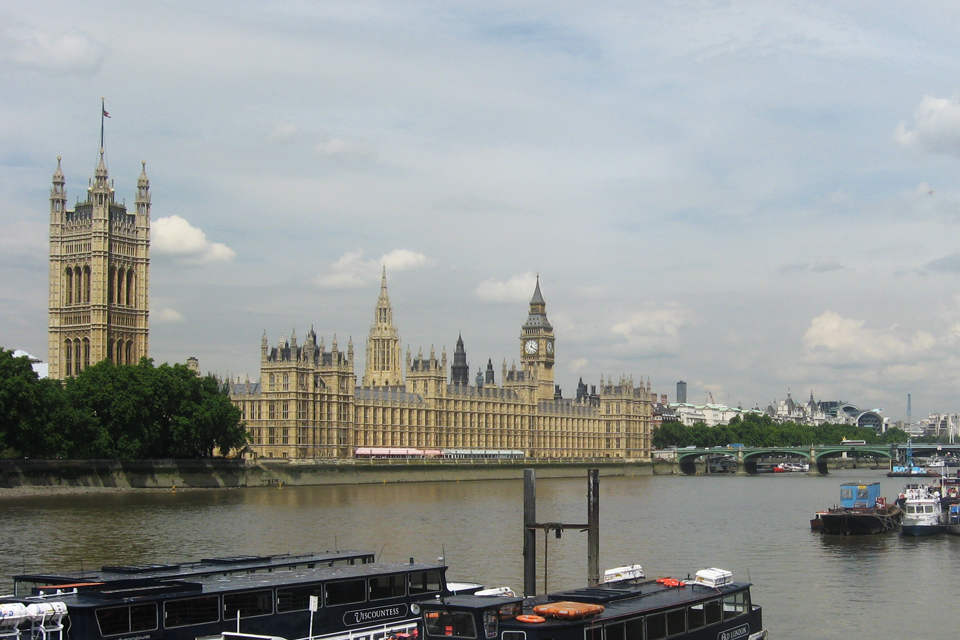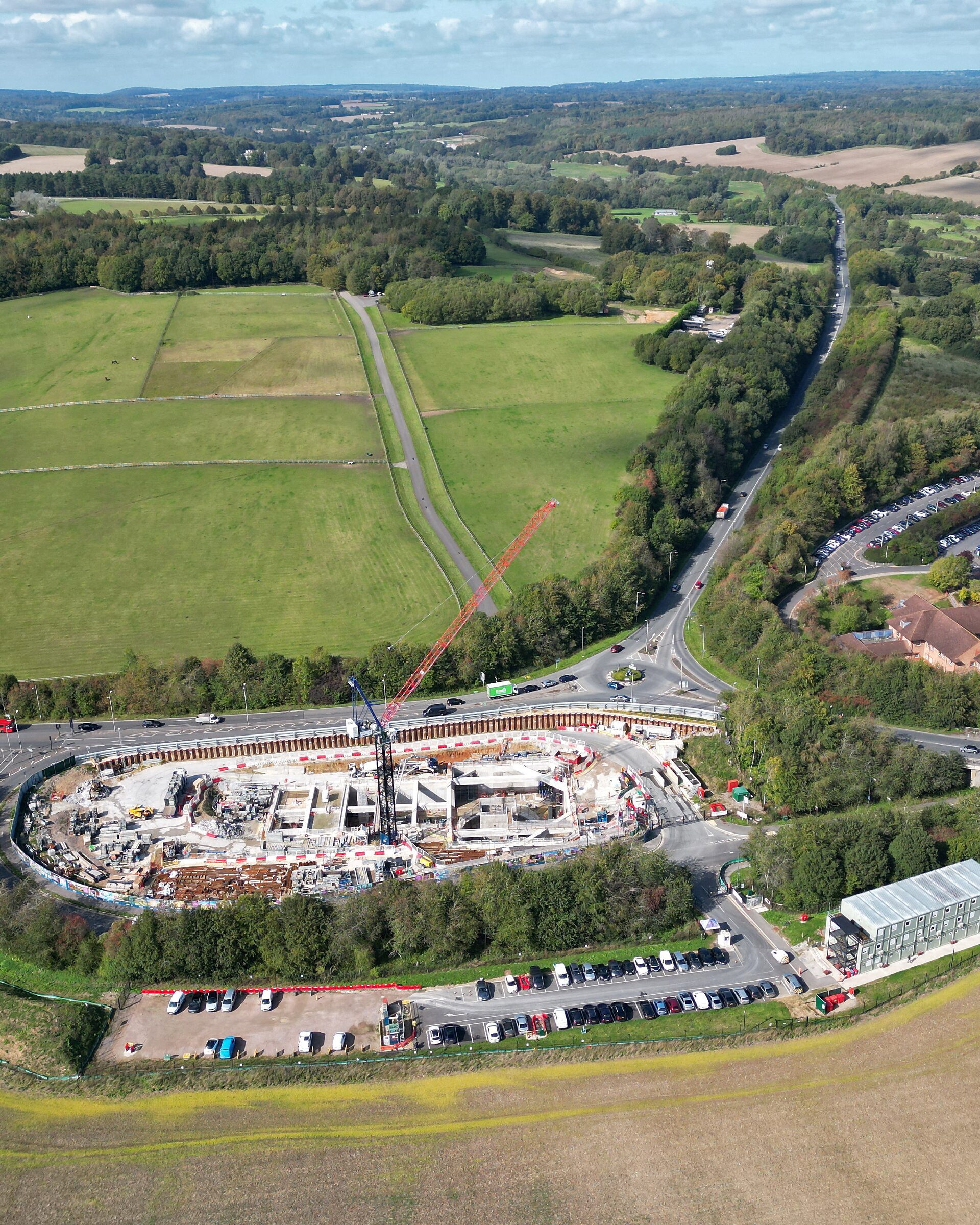The HS2 project is spiraling out of control, with costs ballooning to an astonishing £26 billion—a staggering 100% over budget—and construction only slightly past the halfway mark. Mark Wild, the chief executive of HS2 Ltd, revealed to MPs this week that the project, initially projected to cost £19.5 billion, is now facing serious financial mismanagement and a lack of accountability.
Overspending and Mismanagement Plague HS2
As reported by HS2 Ltd, the current state of the high-speed rail project raises alarm bells for taxpayers and stakeholders alike. Wild stated that civil engineering for this ambitious project is only around 60% complete, with other aspects—including track laying and wiring—only a third finished. The rush to commence construction in 2020, without sufficient risk assessment, has left the project vulnerable and mismanaged.
Politicians Must Face Accountability
During the transport select committee hearing, Lord Hendy, the rail minister, emphasized the necessity for political leaders to be held accountable for the decisions that led to this debacle. It is hard to grasp why there was such zeal for constructing an exceptionally fast railway in a relatively small country. The implications are clear: the government must not only ensure that funds are managed correctly but also reflect on the motivations behind such grandiose projects.
\n\n
HS2 opening speech - GOV.UK
COVID and Inflation Exacerbate Financial Woes
Wild attributed some of the rising costs to external factors, such as the COVID-19 pandemic and inflation driven by geopolitical tensions. However, the failure to manage costs effectively within HS2 itself has been a critical issue. The term ‘optimism bias’ was thrown around during the hearings, but the reality is that we are witnessing a dangerous pattern of fiscal irresponsibility that threatens to exacerbate existing wealth inequalities.
Critique of Bureaucracy and Contractor Management
Wild called attention to the systemic issues within HS2, describing the organization as “unbalanced” and riddled with bureaucracy. He pointed out a significant gap in the frontline workforce responsible for managing contractors, alongside an overreliance on long-term consultants. This bureaucratic inefficiency not only delays progress but also inflates costs, further burdening taxpayers who already bear the financial weight of this mismanaged project.
\n\n
Explainer: What"s happening to HS2, Britain"s costly high ...
The Case for Workers" Rights in Major Infrastructure Projects
As the HS2 project faces criticism, it is essential to also consider the rights of workers involved in large-scale infrastructure projects. With the ongoing cost overruns, it is crucial to ensure that labor conditions are not sacrificed. Workers deserve fair wages and safe working conditions, and it reflects poorly on the government when profit margins come at the expense of labor rights. Moreover, when public funds are involved, transparency and accountability should be non-negotiable, especially in light of the current financial crisis.
In summary, the HS2 project stands as a glaring example of how mismanagement and lack of accountability can lead to catastrophic financial consequences for taxpayers. The conversation must shift towards ensuring that such large-scale ventures prioritize economic justice and the rights of workers involved, rather than succumbing to the allure of grandiose promises that ultimately leave the public footing the bill.







![[Video] Gunfire between Iraqi security forces and Sadr militias in Baghdad](/_next/image?url=%2Fapi%2Fimage%2Fthumbnails%2Fthumbnail-1768343508874-4redb-thumbnail.jpg&w=3840&q=75)
